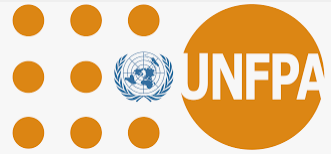The United Nations Population Fund (UNFPA) and the Government of Sweden signed a 60 million Swedish Krona (approximately USD 7 million) additional funding to boost the provision of integrated sexual and reproductive health services in South Sudan, the UN agency said in a press release earlier on Thursday.
“The contribution is in addition to the USD 13 million signed in 2019 to support the implementation of UNFPA’s 3rd Country Programme in South Sudan over a period of three years (2019-2021),” the statement read. “The new funding will run through to December 2022.”
UNFPA acting Country Representative Dr. Chris Oyeyipo acknowledged the support of the Swedish government towards the improvement of access to maternal and newborn care, family planning, youth-friendly health services, and prevention and response to gender-based violence in South Sudan.
According to the UN’s sexual and reproductive health agency, the new funds will also support humanitarian response and the completion of the Population Estimation Survey.
Joachim Waern, Head of mission. Embassy of Sweden in South Sudan said the new funding is aimed at helping strengthen the national health system and sexual and reproductive health programs.
“It will also help improve young people’s ability to plan their lives through family planning, promote women’s empowerment and gender equality, and prevent child marriage,” Amb. Waern said.
South Sudan remains in the grip of a humanitarian crisis despite the signing of the revitalized peace agreement in September 2018. Its reproductive health indicators are among the worst in the world, including maternal mortality ratio at 1,150 deaths per 100,000 live births (UN, World Bank estimates, 2017); adolescent birth rate at 158 per 1,000 live births; low contraceptive use at 4.5 percent for all methods (with only 1.7 percent for modern methods); and 30 percent of HIV infections among young people 15-24 years old.
Sweden has been a major partner for UNFPA’s midwifery project in South Sudan since 2013. The project was instrumental in increasing the number of qualified midwives from less than 10 at the country’s independence in 2011 to more than 900 today.




